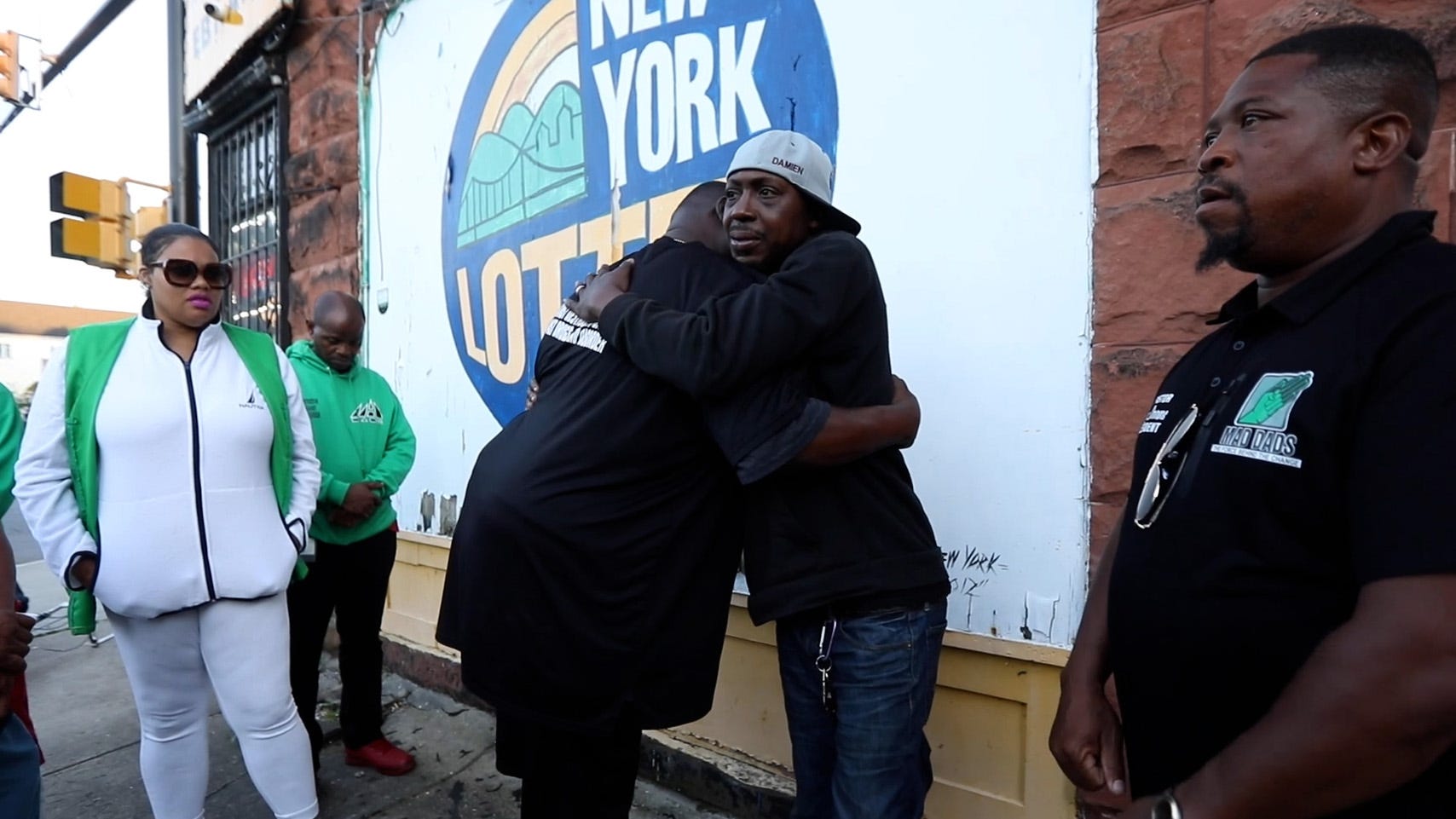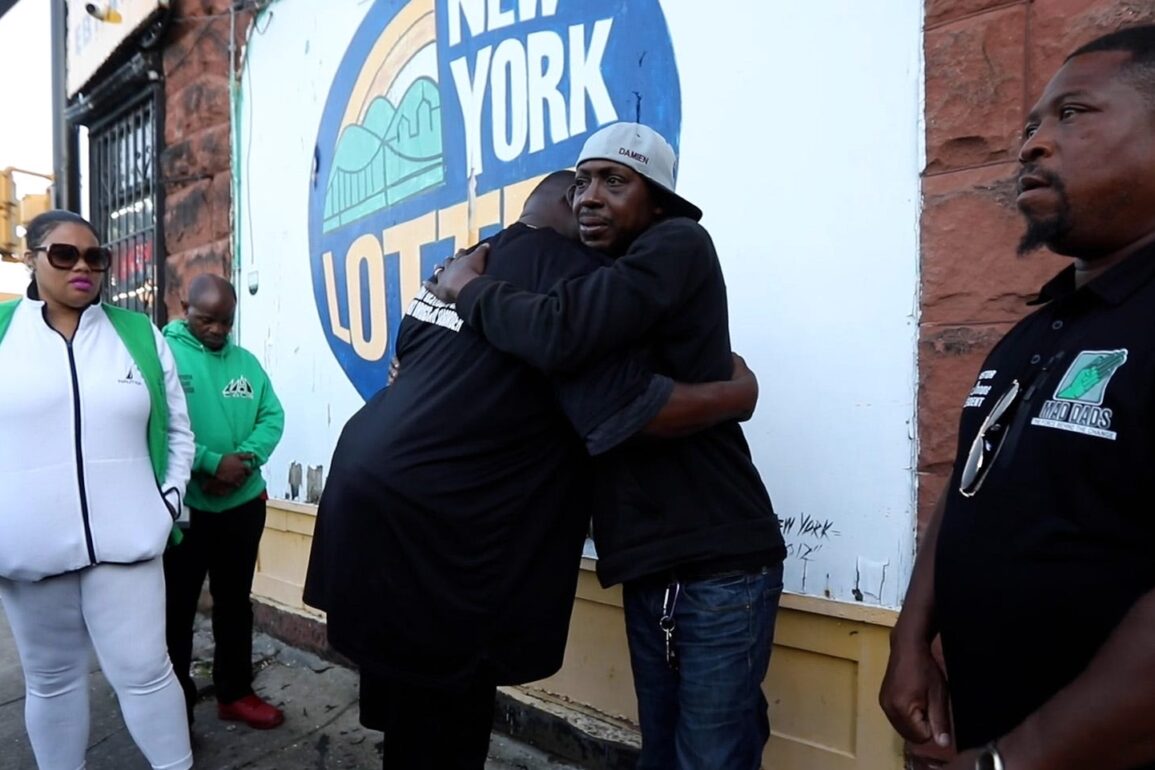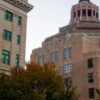
Watch: How two men are working to heal Buffalo
The story of two men raised on the streets of Buffalo’s east side, who changed their lives and became dedicated to healing the harm caused by poverty and addiction in their community.
Tina MacIntyre-Yee, Rochester Democrat and Chronicle
- The New York State Community Commission on Reparations Remedies (NYSCCRR) hosted a public hearing to address the effects of slavery and systemic discrimination.
- The commission aims to develop policy recommendations for reparative measures in New York State.
- Participants at the hearing shared personal stories and proposed reparations, including financial compensation, educational support, and healthcare access.
- The commission is actively gathering public testimony and plans to release its final report in July 2024.
On March 4, the New York State Community Commission on Reparations Remedies (NYSCCRR) hosted a public hearing at the Memorial Art Gallery in Rochester to discuss the impact of slavery and systemic discrimination through community engagement and research.
The hearing centered on Rochester’s history, highlighting the displacement of Black communities caused by urban renewal policies, including the destruction of the historic Clarissa Street neighborhood and the development of the Inner Loop.
The NYSCCRR comprises nine commissioners from across the state. Its goal is to develop actionable and equitable recommendations for reparative policies in New York state.
After completing some of the research and recommendations, the commission must send a final report to the governor, the president of the Senate, the speaker of the Assembly, and the minority leaders of the Senate and Assembly in July 2024.
“We are really proud that New York state is only the second state to establish a statewide effort to look at reparations and its enduring harm,” Dr. Seanelle Hawkins, chair of the NYSCCRR, said. “California—you all know—is the first, and we are the second, so it provides New York an opportunity to lend itself as a leader in this work.”
During the hearing, presentations were given on urban renewal and the history of slavery in New York state and Rochester.
The public comment portion of the evening allowed attendees three minutes to share their own experiences with racism, discrimination, and the enslavement of their ancestors. They were also able to give the commission feedback and suggestions on what to propose.
Thirty-one people signed up to speak and share their testimonies.
Many people said they would like their reparations in the form of cash, education, health care, “40 acres and a mule,” and reform in the carceral system.
If you want to share your testimony, email ReparationsCommission@reparations.ny.gov or call 518-473-3997.
—As a Rochester native, Justice Marbury entered the world of journalism to create work where voices like hers were heard—the voices of minority communities. Marbury covers small businesses, neighborhood concerns, and the interesting people who live in Rochester’s 19th Ward. As the 19th Ward reporter, she has helped implement community outreach ideas by asking what people in various communities want to read about themselves in addition to regular news. Contact her on Instagram @justice_marbury and by email at jmarbury@gannett.com.



